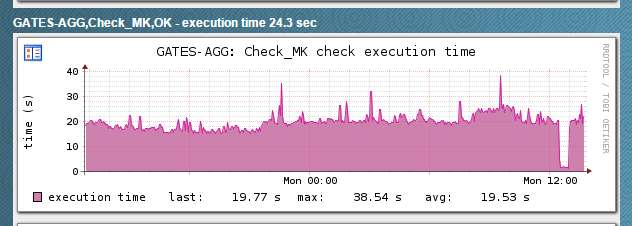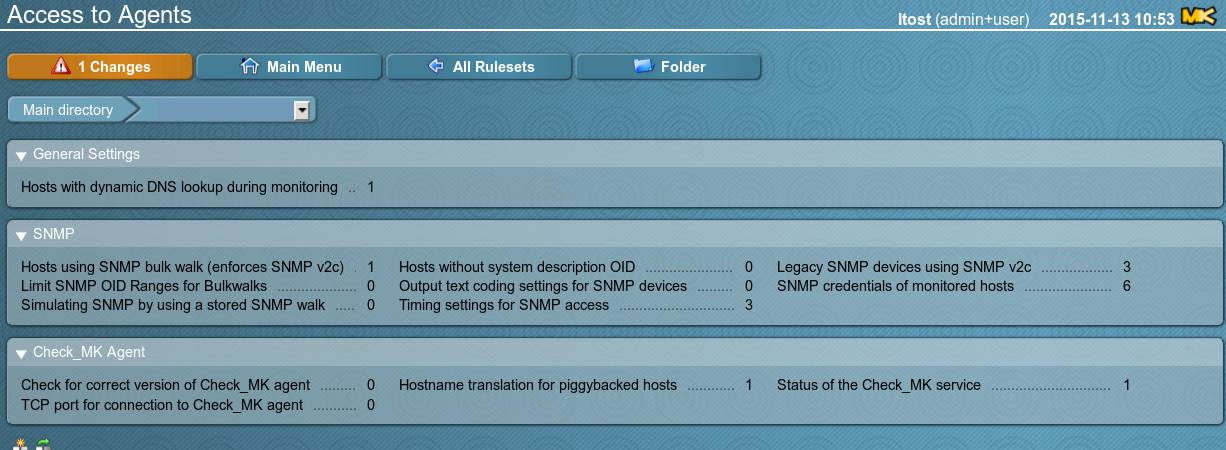So, as Lance pointed out to me once, I know there was a big discussion that took place just before I joined the list. I've read through it, but I'm wondering if there have been any developments. This conversation was in regard to SNMP checks, timeouts, and CPU usage on Juniper devices with Check_MK.
As it stands, now, when I enable interface monitoring (evenly solely on my critical links) the CPU usage goes through the roof and timouts and retries happen all over the place. I have set all of the timers various SNMP checks super low, and have tweaked my SNMP timout and retry values, (currently at 7 seconds with 5 second retry) but it isn't helping much
Let me also say that we are currently using Zenoss AND Infoblox NetMRI, both of which are monitoring these Juniper Switches. Further, when they are turned on they are monitoring EVERY single interface on every juniper switch at 10 minute intervals and they do not cause the above mentioned problems on the switches. I have tried turning them off, and in fact, have them turned off completely on the problem switches and still all of the issues appear when check_mk is monitoring even just a handful of interfaces... This leads me to believe that, indeed there may be something wrong with the juniper checks.
Just trying to get some input, because as it stands I won't be able to use check_mk, unfortunately, because I absolutely love it and want to get rid everything else!
Help!
···
--
Matthew Nickerson
Network Engineer
Computing Facilities, SCS
Carnegie Mellon University
(412) 268-7273

